Embrace Downtime and Relax With These Activities
Downtime is something that not everyone experiences frequently or is lucky enough to get enough of. While it’s hard to pinpoint exactly how many people aren’t getting enough R&R, some studies suggest that over 60% of adults have experienced burnout in their lives at some point. But did you know that literally doing nothing is beneficial for your brain from time to time? Psychology Today actually states that “idle time is important for our physical and mental well-being.”
Downtime, whenever you can include it in your life, is not just a luxury but a necessity for your well-being. It has the power to rejuvenate you and improve your quality of life simply by taking the time to stop and smell the roses, as the old adage goes.
If you’re not a fan of simply doing nothing, there are numerous ways you can actively rest while still getting what you need. This variety of options empowers you to choose the best method that suits your preferences, allowing your body time to stop and recharge.
Yoga
Yoga isn’t just about stretching and poses, although they are a significant part of the exercise. Yoga is the practice of physical postures, breathing techniques, and meditation that helps promote wellness physically, spiritually, and mentally.
Taking some time once a day or a few times per week to dedicate to learning the correct movements and postures along with breathing techniques can be massively beneficial to your health and wellness. Not only can you give your mind some breathing space to focus on something else that isn’t your usual day-to-day life, but you can boost physical movements, which can aid in reduced pain and increased flexibility.
Brain Training Games
Brain training games are those games that require you to fully focus on the task at hand to complete the puzzle. There are so many different names that fall under the “brain training umbrella,” but the focus and dedication can not only be a great way to take you out of your life and your mind to focus on the puzzle, but it can also aid in the preservation of your cognitive abilities too.
While there’s no proven evidence that these games help to improve brain health, it is known and largely acknowledged that learning something new and challenging your brain can be a good thing. So games like mahjong, which focuses on memory and attention, and chess, which requires carefully considered decisions, along with jigsaw puzzles that require focus, for example, can be great additions to your life for both your brain health and your mood too.
Simply opening up any game and taking some time to indulge in gameplay can be relaxing. It gives your mind the space to unwind and stop thinking about everything else going on in your life. So even if it doesn’t prove to boost cognitive abilities, it can help you relax in the here and now.
Take A Nap
Naps can be incredibly beneficial for most people, especially when they feel overwhelmed. The trick for a good nap is to not go over 20 minutes to help you boost your benefits and not fall into a long slumber, which can be detrimental to your energy levels and sleeping routine.
However, if your body needs rest and you’re not sleeping properly, then a longer sleep could be exactly what it is called for. But for the most part, a 20-minute power nap can help you work downtime into your day and recharge the batteries to enable you to think clearly and approach your life with renewed focus.
Read A Book
Books have long been a powerful way to escape life and immerse yourself in a completely different world. One study has actually shown that silent reading can ease muscle tension, slow down your heart rate, and be quicker and more effective than traditional relaxation techniques. Doctor David Lewis conducted research that found that reading for just 6 minutes per day can reduce stress levels by up to 60%. If that’s not a good reason to pick up a book, then what is? But you don’t just need to read a physical book; you can read in digital formats or listen to audiobooks to get the same effect.
Sensory Deprivation
Sensory deprivation tank therapy can be an extremely helpful tool for helping you relax and unwind, boost sleep, decrease anxiety, and aid in the regulation of the brain, especially overactivity in the amygdala.
The idea is that you immerse yourself in a tank of water heated to body temperature and filled with salts so that when you lower yourself into the water, the combination of salt and water keeps your body afloat. You then close the lid to eliminate light and sound and lie there in silence and the darkness. The benefits can vary from person to person, but there are many benefits from taking time out of your day for this activity, especially if you feel overwhelmed or burnt out.





